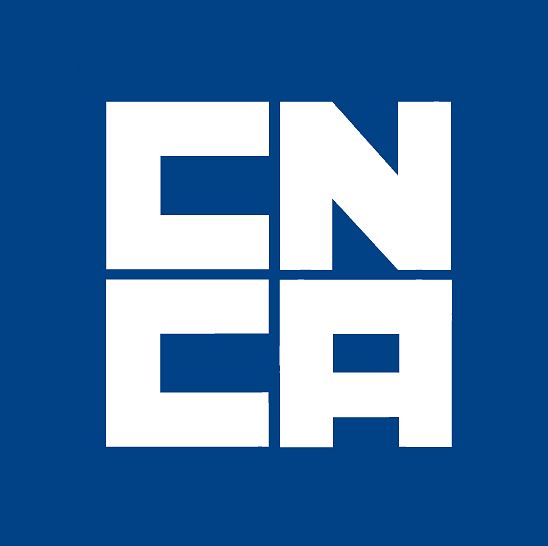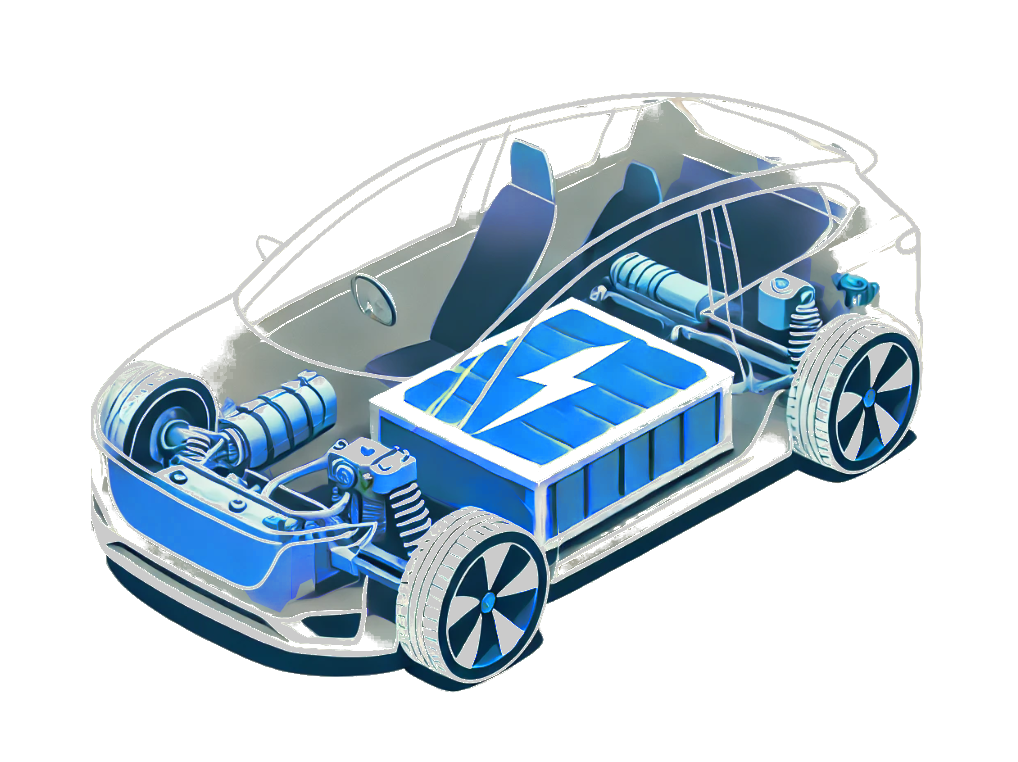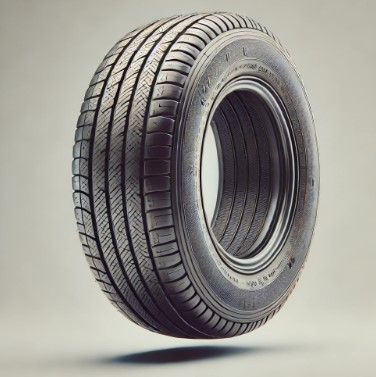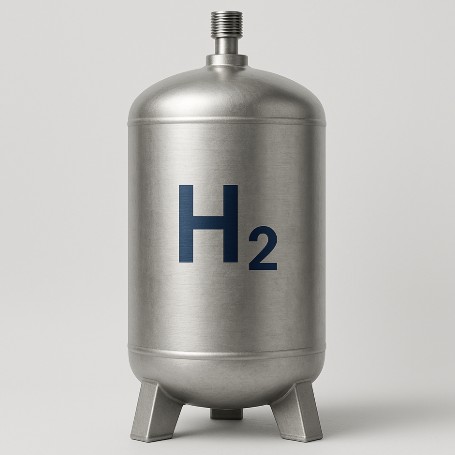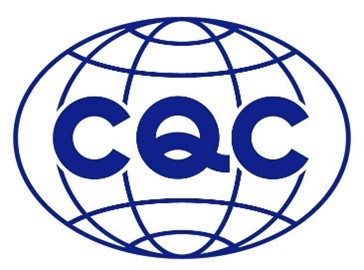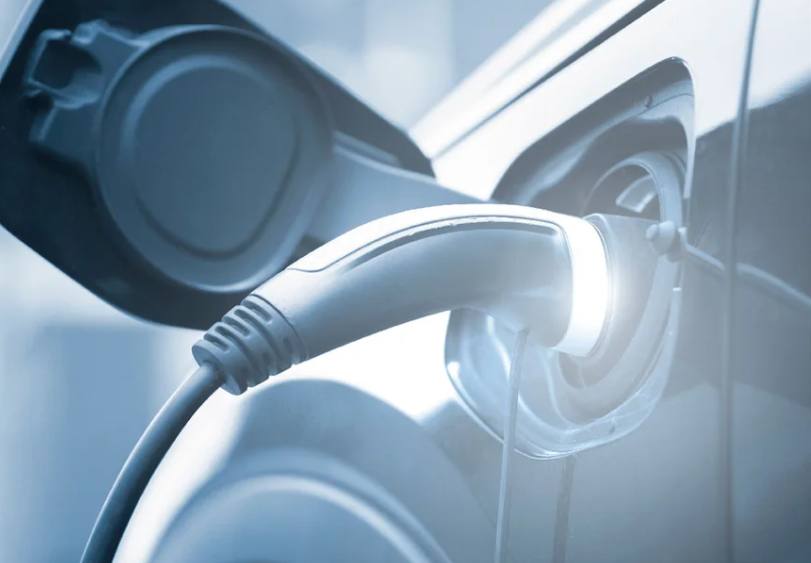Insurance giant China Life invests in energy utility company
24. February 2022At the beginning of December, China Life Insurance (Group) Co. announced that it would invest the equivalent of around 315 million US dollars in the energy utility company Huadian Fuxin Energy Development (HFED). HFED specialises in the development and integration of renewable energies. To date, HFED has raised the equivalent of US$2.35 billion in investment from 13 strategic investors in the insurance, banking and other industries. Upon completion of China Life’s investment, the insurance group will be HFED’s largest strategic investor and third largest shareholder. Products in the energy and photovoltaic sectors that are sold to China and used in business activities in China require CCC certification.
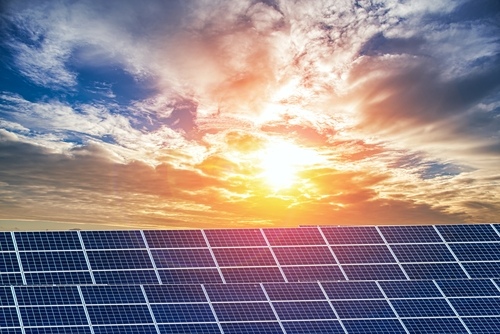
HFED itself is a subsidiary of state-owned energy utility company China Huadian Corp. and said it owned wind and solar power plants with a total capacity of 25.13 million kilowatts at the end of 2020. Institutional investors such as China Life are increasingly looking to green investments to support the economy and businesses in this area, HFED said. China Life Asset Management (CLAM), a subsidiary of China Life, is responsible for the investment itself. With the equivalent of US$675 billion in assets under management, CLAM has already made numerous investments in companies in the so-called “green” industries in recent years. Among others, a “Clean Energy” fund with the equivalent of 1.25 billion US dollars was launched in June 2020.
Climate neutrality will be one of the biggest upcoming trends in the current uncertain environment of the global economy, attracting large sums of money from investors, said Wang Junhui, CIO of China Life during a meeting in May. Chinese insurance companies have recently been focusing more on investing in environmentally and socially responsible companies. According to the China Banking and Insurance Regulatory Commission, Chinese insurers have invested the equivalent of more than 166 billion US dollars in such companies by the end of August 2020. The projects that received the most money were in the transport, energy, water conservation and utilities sectors.
The list of CCC mandatory product groups is constantly expanding and, depending on the category, a mandatory certification China Compulsory Certificate or, since 2019, a CCC Self-Declaration or a voluntary certification must be obtained. The CCC certificate was introduced in 2002 and applies to both imported and Chinese products. CCC stands for China Compulsory Certificate. The Chinese CCC is comparable to other certifications for standardising product quality, such as the European CE system, but there are important differences. We will be pleased to advise you on the scope and requirements of a China CCC certification without obligation.
Please do not hesitate to contact us for further details and consultation. You can contact us via e-mail, or call us (UK: +44 2071931135, Rest of Europe: +49 69 2713769150, US: +1 773 654-2673).
Please don’t hesitate to also use our chat-window in the bottom right corner if you have any questions. (Please check your browser settings if you can’t see the window)
You can also check out our free CCC-Brochure, which can be downloaded right here as a PDF file or you consult our book (in English) “A Brief Guide to CCC: China Compulsory Certification”, which can be found directly here on Amazon.
Here you can download our brochure about the CCC Self-Declaration.
Here you can download our brochure about the voluntary CCAP or CQC certification.




